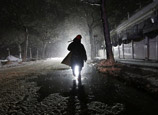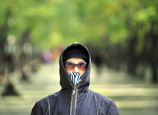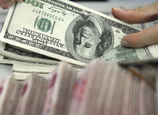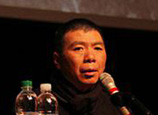
While China has improved its protection of intellectual property rights (IPR) some Western media continue to only focus on ongoing IPR infringement, said the head of the State Intellectual Property Office.
Tian Lipu said Sunday afternoon during the 18th National Congress of the CPC that some Western media labeled China as an IPR infringer and pirate by focusing on some outlets well known for selling knockoffs in Shenzhen's Luohu market or Beijing's Silk Street.
China's efforts on IPR protection have been noticed in other countries where China has purchased trademarks, software, books, videos and television programs, which the Western media has ignored, according to Tian.
In 2011, there were 526,000 patent applications in China, about one quarter worldwide, but 10 years ago, there were about 40,000 applications in China accounting for just one twentieth worldwide, Tian said.
Tian said China ensures IPR protection for Apple, which produces its products in China and then ships them to the US, where the company earns a huge profit.
In early July, a Chinese court ordered Apple to pay $60 million to Proview Technology (Shenzhen) in a trademark dispute. Proview claimed it was first to register the iPad trademark in a number of countries and regions as early as 2000.
Tian said China has built a legal system to protect IPR, including the Patent Law, the Trademark Law and the Copyright Law, and it needs more time to change people's awareness of IPR protection.
He also noted that IPR protection is conducive to innovation. When ideas are protected by patents and people can profit from their own ingenuity, creative new ideas will have come to the fore.
During the Beijing Olympic Games authorities for industry and commerce detected 1,262 cases of illegally use of trademarks, reaping fines of 14.72 million yuan ($2.36 million). There were also 378 cases of infringement of the Olympic logo that garnered fines of 4.81 million yuan.
The government will do more, Tian said, adding that the country is to revise its Patent Law by adding greater punitive damages.
"According to the current law, as victims have little evidence that they suffered losses, they will not get much compensation," Xu Xinming, a lawyer with China Intellectual Property, told the Global Times on Monday.

















![]()
